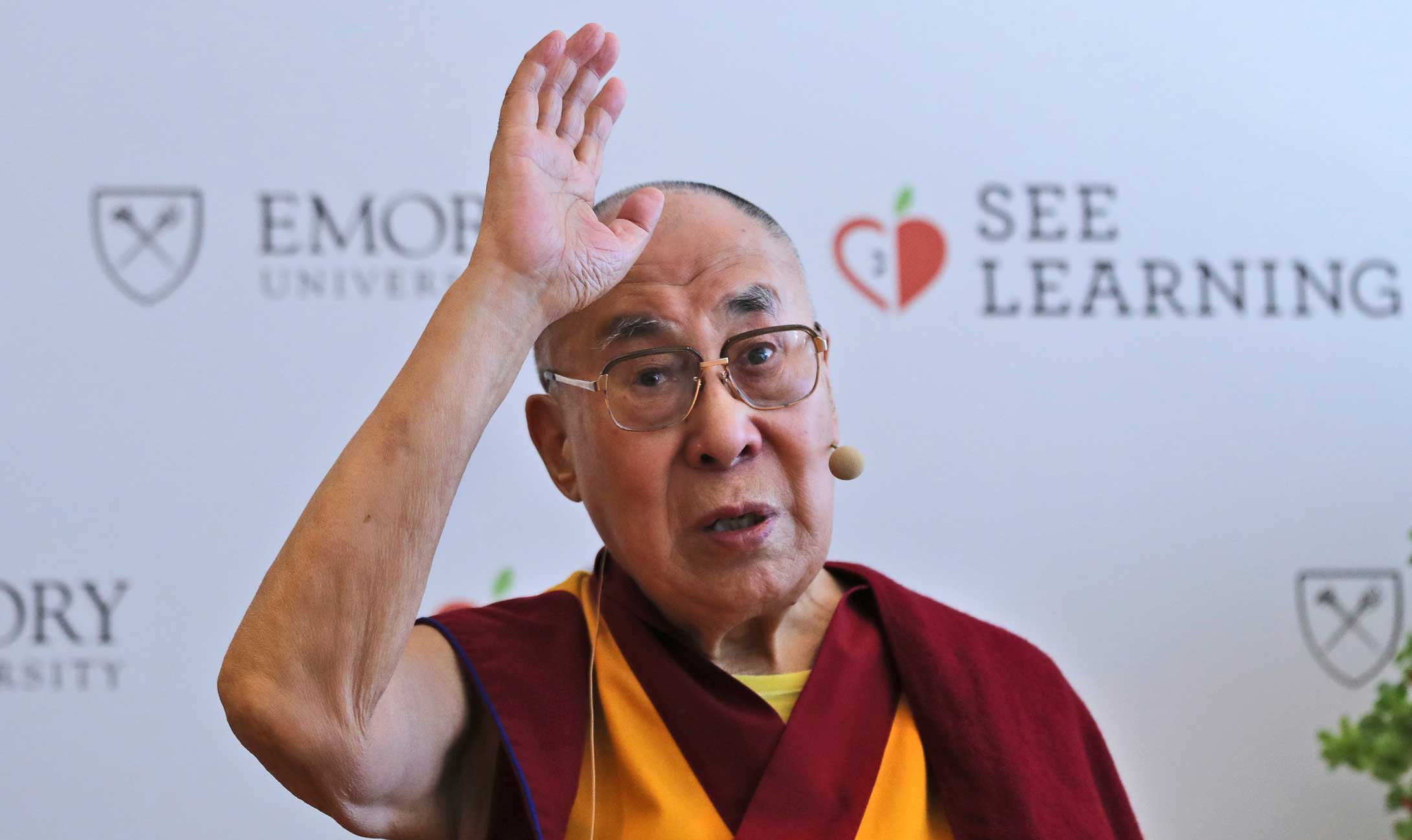The successor of the Dalai Lama has to be decided within China and any interference by India on the issue will impact bilateral ties, Chinese officials have said.
In the first clear assertion on the sensitive issue, senior Chinese officials and analysts said the reincarnation of the Dalai Lama must be approved by the Chinese government and the selection should take place within the country based on an over 200 year-old historical process.
“The reincarnation of Dalai Lama is a historical, religious and political issue. There are established historical institutions and formalities for the reincarnation of the Dalai Lama,” Wang Neng Sheng, an official in the rank of vice minister in Tibet, told a small group of Indian journalists in Lhasa.
The Dalai Lama is 84 years old now and the issue of his successor has gained prominence in the last couple of years in the wake of his health issues.
“The Dalai Lama’s reincarnation is not decided by his personal wish or by some group of people living in other countries,” he added.
Wang, the director-general at the government of Tibet Autonomous Region, said the current Dalai Lama was recognised by Beijing and his successor must be found through the “draw of lots in golden urn process” within China.
Echoing Wang’s views, Zha Luo, director at Beijing-based China Tibetology Research Centre, a government-run influential think-tank, said any refusal by India to recognise the next Dalai Lama to be chosen within China will impact bilateral ties.
The 14th Dalai Lama fled to India in 1959 following a crackdown on an uprising by the local population in Tibet.
India granted him political asylum and the Tibetan government-in exile is based on Dharamshala in Himachal Pradesh since then.
“It will be a major political difference that would impact bilateral relations and any wise political leader wouldn’t do that,” said Zha whose team advises the central government on policy issues for Tibet.
He was asked what will happen if India refuses to recognise the next Dalai Lama chosen by China. “Since the reincarnation of the Dalai Lama is an important issue for China, any friendly country or friend of China would not interfere or meddle on the issue,” he added.
Zha, however, called it a hypothetical answer to a hypothetical question.
India has maintained its stand on the Dalai Lama.
“The Government of India’s position on His Holiness the Dalai Lama is clear and consistent. He is a revered religious leader and is deeply respected by the people of India. There is no change in that position. His Holiness is accorded all freedom to carry out his religious activities in India,” the external affairs ministry spokesperson had told a media briefing in March last year.
Wang said the process of selecting the next Dalai Lama must follow two clear steps: “It must go to draw of lots in the golden urn and the reincarnation must be recognised by the central government”.
He said the “centrality” of the central government must be recognised and that any personal move by the current Dalai Lama on the issue is not going to be recognised by Chinese government or religious followers in Tibet.











